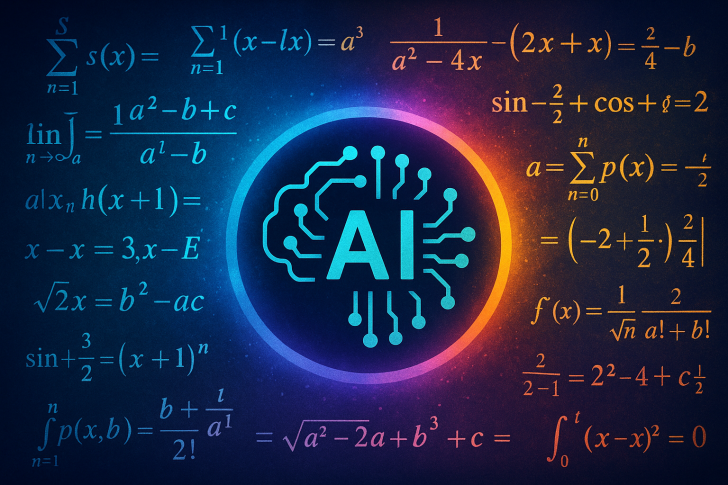● DeepMind's latest research is turning heads in the AI world. According to @机器之心 JIQIZHIXIN, a new paper explores whether AI can actually invent new mathematics—and the answer looks promising.
● The star of the show is AlphaEvolve, a system that blends LLM-generated concepts with automated verification. It proposes mathematical algorithms, tests them, and refines the results—all at scale. This isn't just about crunching numbers; it's about genuine mathematical reasoning.
● Of course, there are some concerns worth noting. Policy debates around AI taxation could affect research like this. Proposed tax changes targeting high-performance computing and automated scientific tools might increase costs for academic labs and industry researchers. Some analysts worry this could squeeze smaller research groups or even push top talent to move somewhere with friendlier tax policies, potentially slowing down AI-driven scientific progress.
● But the results speak for themselves. AlphaEvolve was tested on 67 challenging problems across analysis, geometry, and number theory—areas that demand real conceptual thinking. The AI didn't just rediscover existing solutions. It improved on them and even generalized specific cases into universal formulas, showing it can do more than just recognize patterns.
● When you combine AlphaEvolve with other systems like DeepThink and AlphaProof, you start to see a future where AI doesn't just help mathematicians—it actually collaborates with them on discoveries. That's a pretty big deal.
● For anyone tracking AI developments, this research marks a real shift in how artificial intelligence might contribute to fundamental science. With the right policies and computational support, tools like AlphaEvolve could become essential partners in pushing mathematics forward.
 Alex Dudov
Alex Dudov

 Alex Dudov
Alex Dudov


